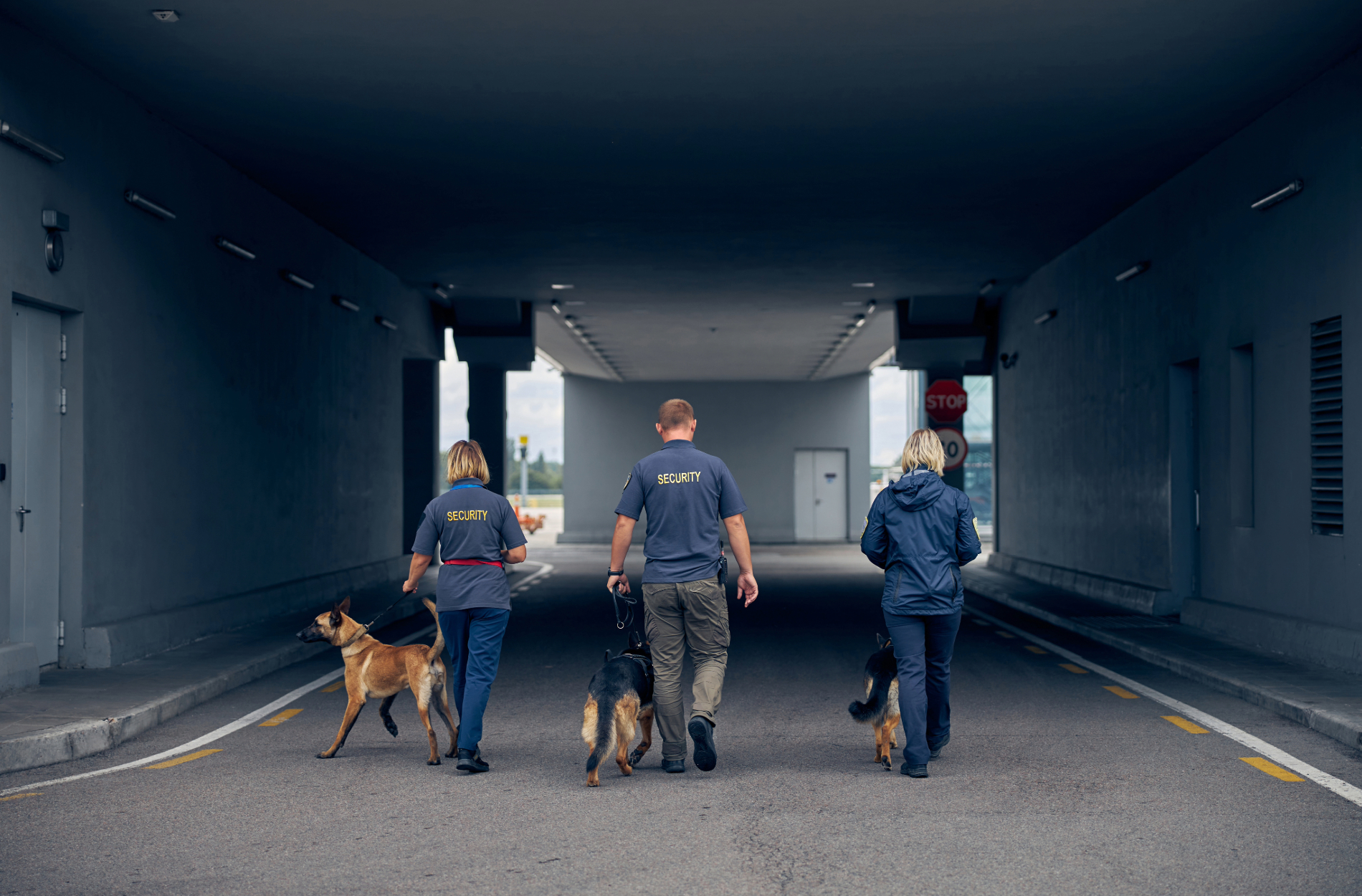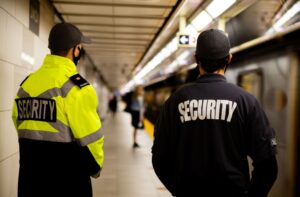Security industry training is essential for keeping environments safe and secure. It provides security personnel with the necessary knowledge and skills to manage risks and respond to various situations effectively. As the safety landscape evolves, understanding these basic practices is crucial for anyone involved in security roles.
Understanding the Basics of Security Industry Training
Security industry training is built on several fundamental principles that ensure personnel are well-prepared to perform their duties effectively. These principles include vigilance, integrity, and professionalism. Each principle guides the actions and decisions of security staff, helping maintain a safe and secure environment.
The roles and responsibilities of security personnel are diverse. They range from monitoring premises to managing access control, responding to emergencies, and conducting patrols. Security staff must remain alert and observant, ready to act when situations arise. They also often liaise with law enforcement and emergency services, ensuring that any incidents are handled swiftly and competently. Clear understanding of these responsibilities is crucial in maintaining safety and order.
Staying updated with industry standards is vital in security training. The security landscape is always changing, with new threats and technological advancements emerging regularly. Ongoing training helps security professionals adapt to these changes, ensuring they are always prepared to handle various situations. Engaging regularly with updated training materials and methodologies ensures that security personnel remain capable of maintaining high safety standards.
Training programmes often include topics such as risk assessment, emergency response planning, and customer service skills. By engaging with comprehensive training, security professionals can remain effective in their roles, contributing positively to the environments they safeguard.
Essential Skills for Security Professionals
To perform their duties effectively, security professionals require a core set of skills. These skills are the backbone of successful security operations and include:
- Observation: The ability to notice details and recognise unusual behaviour is crucial for identifying potential threats.
- Communication: Clear interaction with colleagues, visitors, and emergency responders ensures situations are managed appropriately.
- Conflict Resolution: The skill to de-escalate situations and manage disputes can prevent incidents from escalating into larger issues.
In real-world scenarios, these skills come into play frequently. For example, effective observation helps spot unauthorised entry, while good communication ensures smooth coordination during emergencies. Conflict resolution skills are essential when dealing with disputes that might arise within premises, allowing security personnel to address issues calmly.
Developing these skills requires dedication and continuous learning. Regular training sessions and practical exercises can help security staff refine these abilities. Role-playing scenarios and workshops are practical methods to practise conflict resolution and improve communication. Receiving feedback from peers and trainers also helps identify areas for improvement, ensuring that security professionals are always at the top of their game.
Ongoing skill enhancement is fundamental in a security role. Emphasising these core skills in training ensures that security personnel are not only prepared but excel in maintaining safety and order in any environment.
The Role of Technology in Modern Security
Technology plays a vital role in enhancing modern security operations. Various technological tools have become critical for monitoring, communication, and data management. Closed-circuit television (CCTV) cameras, for instance, are widely used for surveillance, allowing continuous monitoring of premises. Alarm systems also play a crucial role, detecting unauthorised entry and alerting security staff promptly.
These technologies enhance security effectiveness by providing real-time information and swift alerts about potential threats. They help security personnel make informed decisions quickly, thus improving overall safety. For example, CCTV footage can be analysed to understand security breaches, while alarm systems ensure a rapid response to intrusions.
Ongoing tech training is essential for security staff to stay adept at using these tools. As technology evolves, regular updates and training sessions ensure security personnel are proficient in the latest systems. Familiarising themselves with new software updates or learning to troubleshoot hardware issues can make a considerable difference in response times and decision-making.
Security teams must integrate technology smoothly into their daily operations. By doing so, they leverage technology’s full potential, ensuring a robust security structure that is always prepared to respond rapidly to emerging threats.
Creating Effective Security Protocols
Creating effective security protocols is crucial for maintaining a safe environment. Security protocols serve as guidelines for responding to various incidents, ensuring that every team member knows their role and responsibilities. To develop comprehensive protocols, it is essential to assess the specific risks of each environment and tailor strategies accordingly.
Regular training and drills reinforce these protocols, ensuring security personnel understand and can implement them efficiently. Drills simulate real-life scenarios, offering valuable practice and helping to identify any weaknesses in the current procedures. This preparation ensures that security staff are always ready to respond effectively when real incidents occur.
Communication and teamwork are crucial when executing security protocols. Clear communication ensures everyone is aware of their responsibilities and that information is shared accurately during an emergency. Teamwork promotes cooperation and coordination, essential for managing incidents effectively and minimising risks.
Conclusion
Security industry training encompasses various components, from mastering essential skills to integrating advanced technology effectively. By focusing on these key areas, security personnel can uphold high standards of safety and protection. Comprehensive training ensures that each team member is well-equipped to manage emergent threats and maintain peace within their surroundings.
At CR Training, we are committed to equipping security professionals with the skills they need to succeed. Our expert security courses in the UK are designed to provide comprehensive, hands-on learning experiences. If you are looking to improve your security skills or stay updated with the latest industry standards, explore our courses and start enhancing your professional capabilities today!




